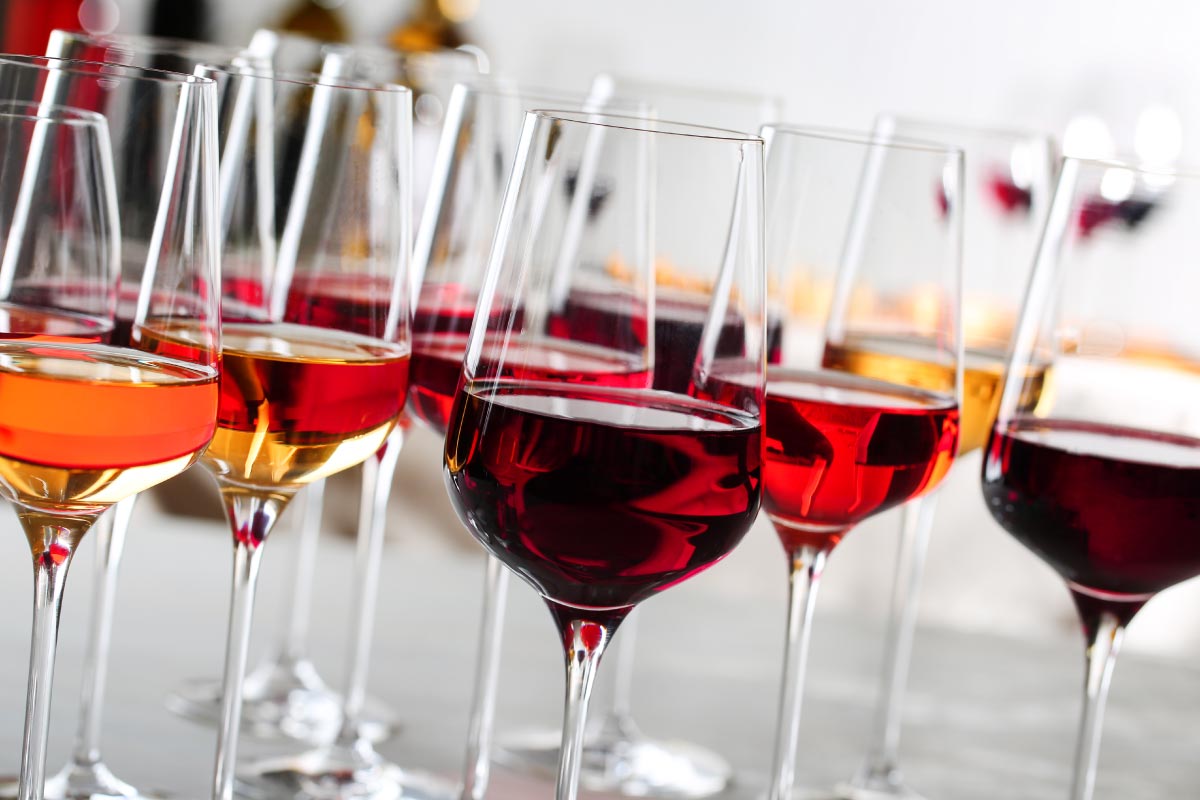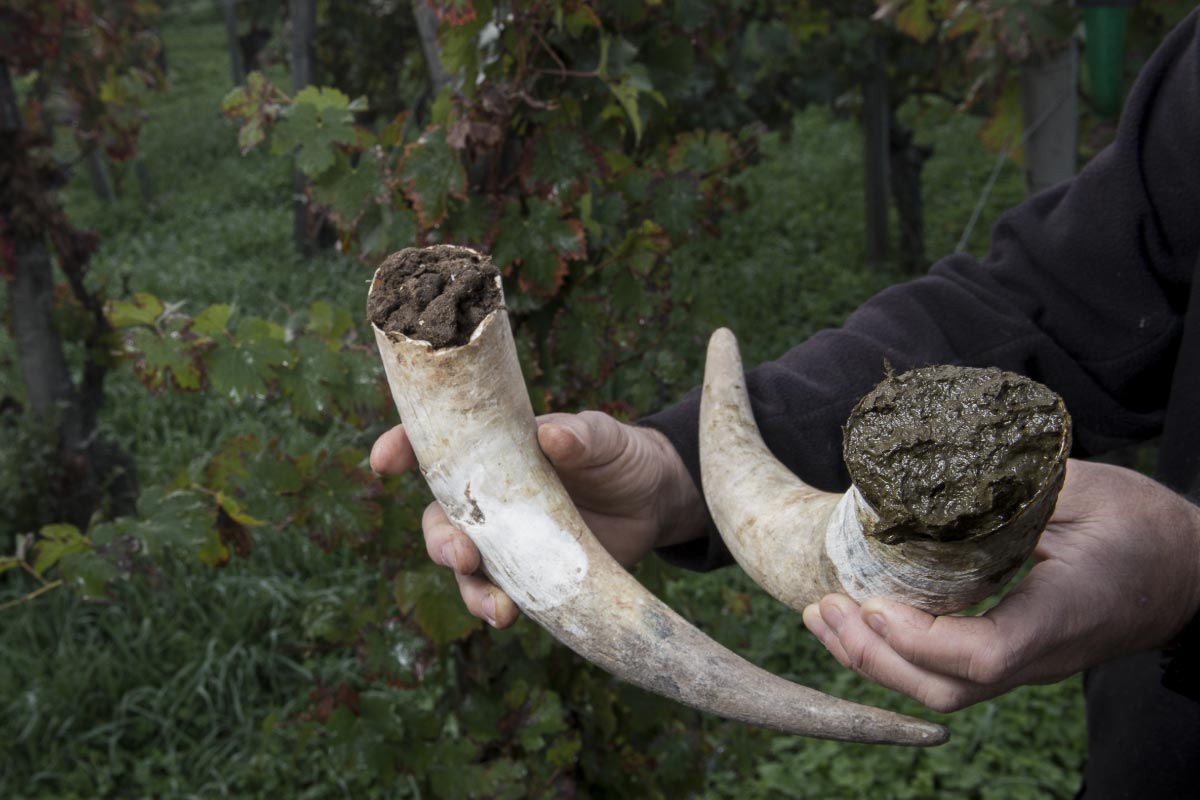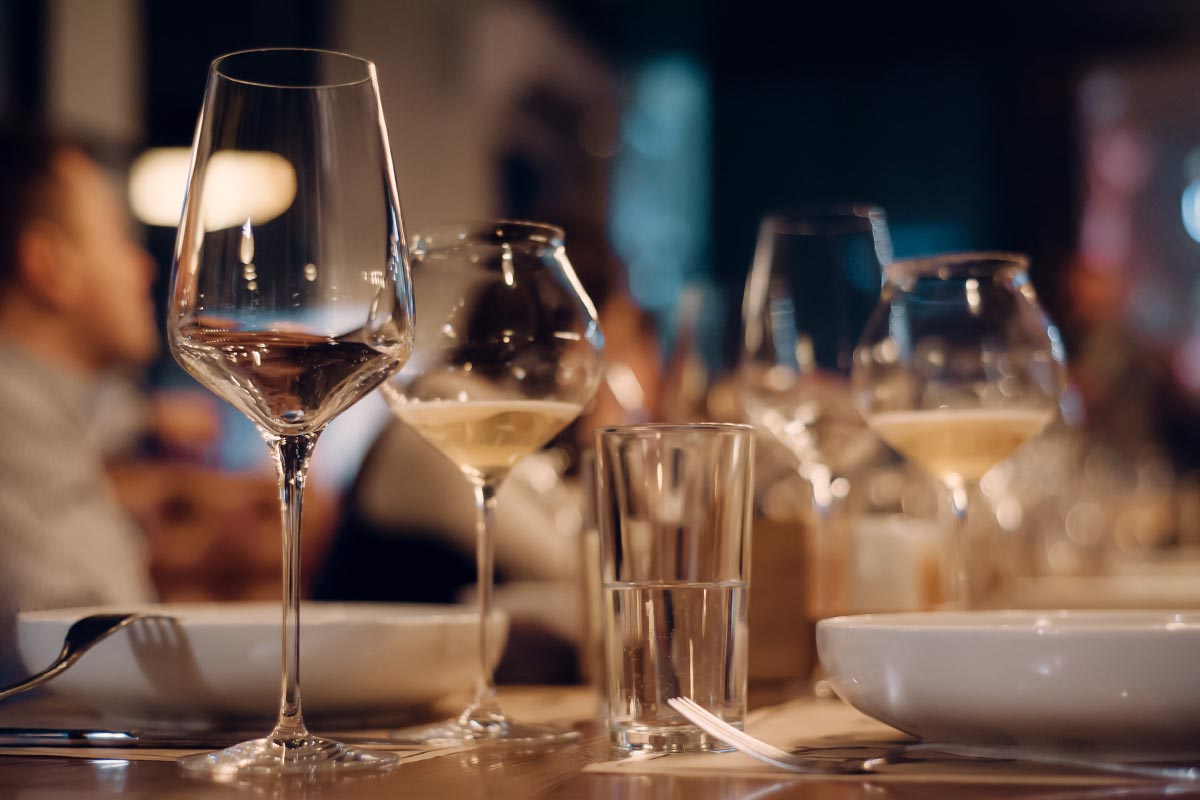Blog

Scheduling a Wine Tasting? You may want to consult the Biodynamic Wine Calendar.
- Mira Vojinovic
- June 27, 2022
“The moon replenishes the earth; when she approaches it, she fills all bodies, while, when she recedes, she empties them.” — from Natural History by Pliny the Elder, first-century Roman naturalist
Biodynamic farming has been around for centuries – perhaps millennia – as humankind relied on phases of the moon and nature’s rhythms to inform their decisions to plant, fertilize and harvest crops. But this reliance faded as economies evolved from predominately agrarian to industrial, and many farms – following the example of urban factories – adopted large-scale mechanized operations to produce mega-harvests. Man-made pesticides coated crops to disrupt the natural order and create abundant harvests with not a blemish to be seen.
But not everyone welcomed these marvels of industrialization, and some saw alarming declines in the health and quality of their soil and harvests. In response, a group of farmers approached Dr. Rudolf Steiner, a respected scientist and philosopher, and asked for help. In 1924, Steiner held a series of lectures on biodynamic agriculture. His concepts, which predated most of the organic movement, are broad-ranging and comprehensive, and present a “spiritual-ethical-ecological approach to agriculture”. Steiner believed that farms should be treated as self-sustaining “living organisms” and utilized an astronomical calendar to time the different stages of farming according to the movement of the moon.

Often referred to as “spiritual science,” this holistic approach has been compared to organic winemaking practices because it involves caring for the vines without synthetic fertilizers. But biodynamic farming and winemaking go beyond treatment of the soil, they focus on healing it. Steiner advised the use of nine “preparations” to treat and fertilize the soil. These include creating compost from plants such as dandelion, stinging nettle, and chamomile. Other preparations involve burying cow horns filled with cow manure or silica and then digging them up at certain times, usually aligned with cosmic events. The contents are then turned into a spray and applied to the vines or soil. These natural treatments “replace toxic fertilizers [and] bring vitality to the soil, aid in disease resistance, and transmit terroir” to the grapes.
Biodynamics also seeks to restore balance between the earth and cosmos, and biodynamic calendars identify key times for sowing, harvesting, and consuming their products. Matthias Thun, whose mother was one of Steiner’s students and a prominent advocate for biodynamics, authored “When Wine Tastes Best: A Biodynamic Calendar for Wine Drinkers”. This calendar tells you which days are best for wine drinking, and which days may result in a less-than-optimum glass. Basically, there are four different days that correspond with phases of the moon and the alignment of planets. Root Days are the worst for tasting wine as it will appear more subtle. Flower Days are for tasting aromatic wines, especially white wines with floral aromas. On Leaf Days the vine is more focused on producing chlorophyll, so the wines will be less sweet and show more “earthy” characteristics. Fruit Days are the best days for tasting wine as the fruit flavors are richer and more vibrant.

So, does this spiritual-holistic-astronomical approach to winemaking work? How do they taste? While a 2016 study in New Zealand concluded that the type of day as determined by the biodynamic calendar “did not influence systematically any of the wine characteristics evaluated” by nineteen wine professionals, biodynamics in winemaking and tasting continues to grow in popularity. It’s been said that biodynamic wines are more “wild” and filled with personality, and more than 700 producers worldwide craft biodynamic wine. While it’s open for debate whether you can empirically taste a difference, the organic practices and biodiversity in the vineyard are certainly good for winemaking, and it’s hard to imagine that adherents’ painstaking attention to these practices does not reflect a love for wine that manifests itself in the final product – a great wine. Consumers apparently think so, as the list of biodynamic producers is growing steadily. Producers like Domaine Leroy, LeFlaive and Roederer are all converts.
Whether or not there is empirical support, many winemakers won’t show their wines on root days because they are worried about how they will present. Some retail stores won't bother holding tastings because they think the wines won’t sell. I recall a day during WSET’s Level 3 Advanced wine course when we were practicing tasting techniques with our instructor. By that point in the course, we were pretty good at calling out the correct tasting notes, but on this particular day, we seemed to be off and were making a lot of mistakes. Exasperated, the instructor yelled out “It must be a root day!” and indeed it was. Ever since, if one of my favorite wines doesn’t seem to be presenting well, or I’m debating whether to crack open a cherished Barolo, I often pull out the Biodynamic Calendar. There’s an app for it...
Whether you believe in the cosmic impact or not, if a winemaker puts that much effort into their wines, chances are you will be tasting something good.
i Dr. Joseph Mercola, “Biodynamic Farming and the Legacy of Rudolf Steiner,” Organic Consumers Association, July 1, 2017; organicconsumers.org
ii See, e.g., S. Reid, “What to Know About Biodynamic Preparations,” Vivant, Wine Education, October 2021. 21,
iii Id.
SHARE
ABOUT THE AUTHOR

Mira, a credentialed sommelier, has twenty-five years’ experience in the Food & Beverage Industry. She was awarded the Wine and Spirit Education Trust (WSET) Level 3 Advanced in Wine (with Merit), WSET Level 1 in Spirits, and is a French Wine Scholar candidate with the Wine Scholar Guild. She received a Certification in Digital Marketing from Cornell University. Mira (@VinoGal) has been part of the team behind the Ultimate Spirits Challenge, served as a wine judge for Winemaker Magazine, been featured on the cover of Beverage Media Magazine and, in 2020, was recognized as one of the “Top Wine Influencers” by the Sommelier’s Choice Awards. She lives in Westchester County with her wines and family.
